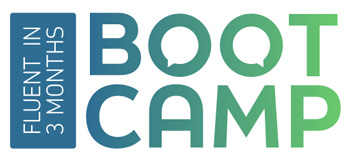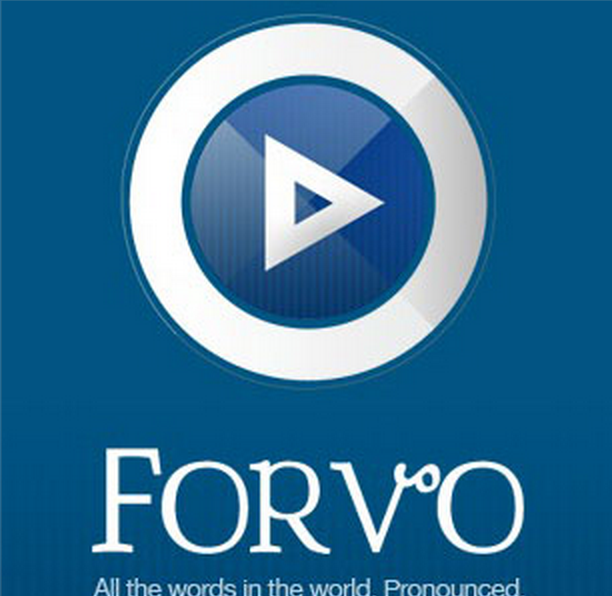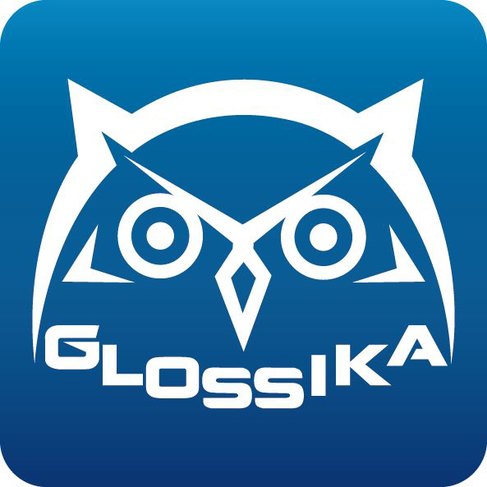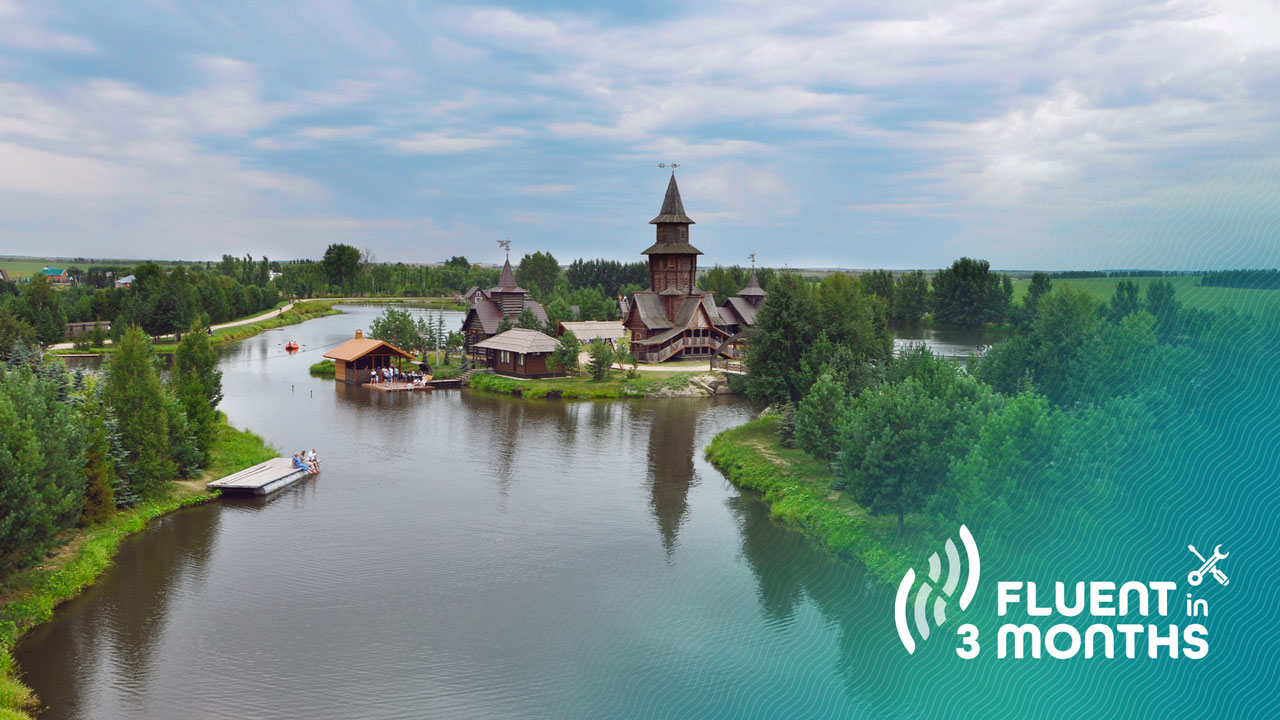Here are my favourite Russian courses and resources:
The Fluent in 3 Months Challenge – Have a 15 Minute Conversation in Russian after just 90 Days
Benny's #1 Russian Course


RussianPod101
RussianPod101 is my favourite Russian course, especially for developing my listening skills. It’s also a top pick among the Fluent in 3 Months team.
With RussianPod101, you start by selecting your level, and the audio course adjusts to you, getting gradually more complex as you progress. It goes right from absolute beginner to intermediate and advanced levels.
Check website | Read our reviewBenny’s Top 3 Russian Resources

RussianPod101
RussianPod101 is my favourite Russian course – and it covers all levels from absolute beginner to intermediate and advanced Russian.
Check website | Read our review
MOSALingua
MOSALingua uses audio flashcards to teach you Russian, from absolute beginner to advanced level. The MOSA Learning® method is based on principles of cognitive science, so you can learn Russian faster and smarter.
Check website | Read our reviewStart Speaking Russian – My Courses for Russian Learners

Conversation Countdown
Have your first conversation in Russian in just seven days. This is one of my most popular courses, and with good reason, because you’ll get results fast.
Check website
Fluent in 3 Months Bootcamp
The Fluent in 3 Months Bootcamp is a big hit with Russian learners. At the end of the 90 day challenge, you’ll be ready to have a 15 minute conversation in Russian with a native speaker.
Check websiteConfident Russian Pronunciation

Forvo
Forvo lets you find out how any Russian word is pronounced. Just type the word you’re looking for into the Forvo search bar in Russian, and you’ll hear it spoken by a native speaker.
Check websiteGet a Russian Tutor — Have Real Conversations in Russian

preply
The best way to learn a language is to speak from day one. That’s why I love Preply — because it means you can find an affordable Russian tutor for on-to-one lessons, and start speaking right away.
Russian Vocabulary and Grammar

Glossika
Glossika uses audio repetition training with Artificial Intelligence (AI) to make sure you're learning Russian at the pace that feels right for you. I especially like Glossika's focus on listening and speaking. You get to watch your fluency progress live with each audio “rep”.
Check website
MOSALingua
MOSALingua uses audio flashcards to teach you Russian, from absolute beginner to advanced level. The MOSA Learning® method is based on principles of cognitive science, so you can learn Russian faster and smarter.
Check website | Read our reviewResources for Intermediate and Advanced Russian Learners

LingQ
LingQ immerses you in a world of compelling Russian content – with 1000s of hours of Russian podcasts, audiobooks, interviews, courses and more. Then anytime you come across a word you don't know, you can save it for review using LingQ's SRS learning tools.
Check website | Read our review
Clozemaster Pro
Clozemaster Pro answers the question: what's the next step after Duolingo? Clozemaster helps you rapidly expand your vocabulary by learning Russian in context. You’ll use the Cloze method to fill in the missing word for thousands of sentences in Russian. The sentences you’ll learn are much more relevant to the real world than those you’ll learn on Duolingo.
Check website


Social